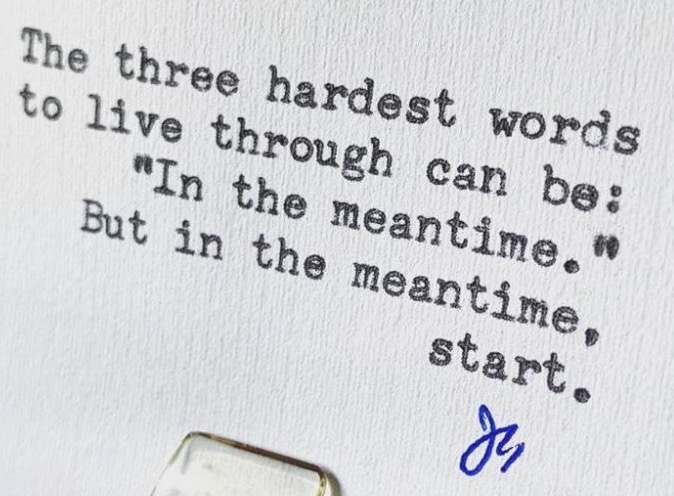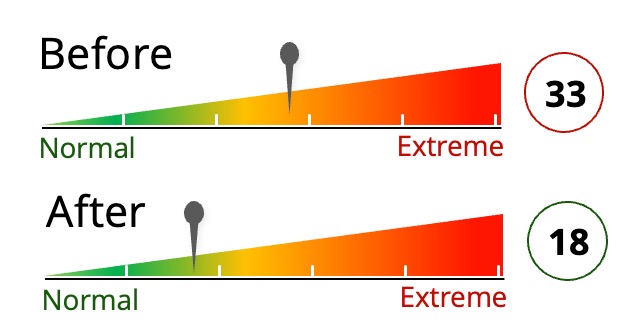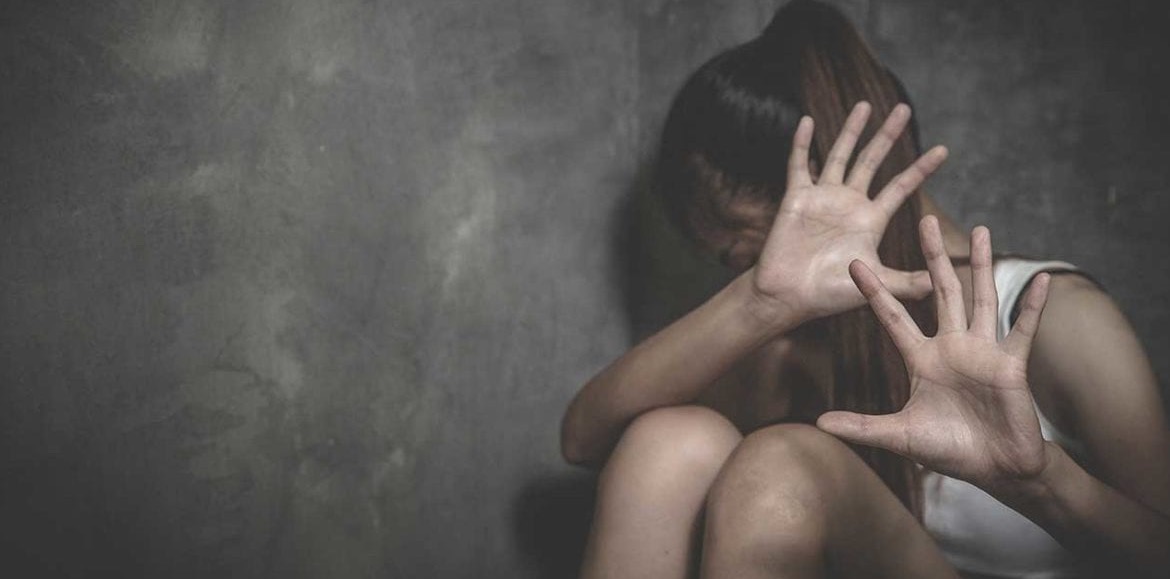
When he married her, she was beautiful, with a stunning body, and he could not wait to have their first love kiss. During the first intimacy, he did not notice her pain, how she was shutting down… Even though they’ve been married for 20 years, he can still describe her cold, withdrawn, non-playful and not looking towards hot, spicy intimacy.
When she was little, her uncle sexually assaulted her. She kept that story inside her out of the fear of being reprimanded by the uncle or that the family finds out the taboo secret. The uncle kept on “visiting” for almost 2 years, and each time it left a deeper wound inside of the little girl’s heart. She eventually put an end to this and moved on. Yet all those feelings of shame, bitterness, regrets, feelings of losing her virginity against her Catholic values and will, all mixed up, affected the quality of her life as she was moving forward towards her family and career dreams. She mastered very well how to be social, outgoing, but when things came to the bedroom, no matter what she did, what books she read, things just weren’t working out.
This is a story of one of many women and men who experienced a sexual assault, which is much more common than one may think.
- According to a study, over 1/3 Canadians, or more than 11 million Canadians, have been physically or sexually assaulted since the age of 15 (2018).
- According to World Health Organization, 1 in 3 women and 1 in 6 men experiences sexual violence in their lifetime (2016).
- 67% of all Canadians say they personally know at least one woman who has been sexually or physically assaulted. (Canadian Women’s Foundation, 2012)
- Between 2009 and 2013, the rates of police-reported sexual assault of women by intimate partners rose by 17%.
- Since the COVID lock-down, domestic violence increased by 20-30% in some Canadian regions, and in some places, the calls for help have gone by 400 percent.
Impact of Sexual Assault
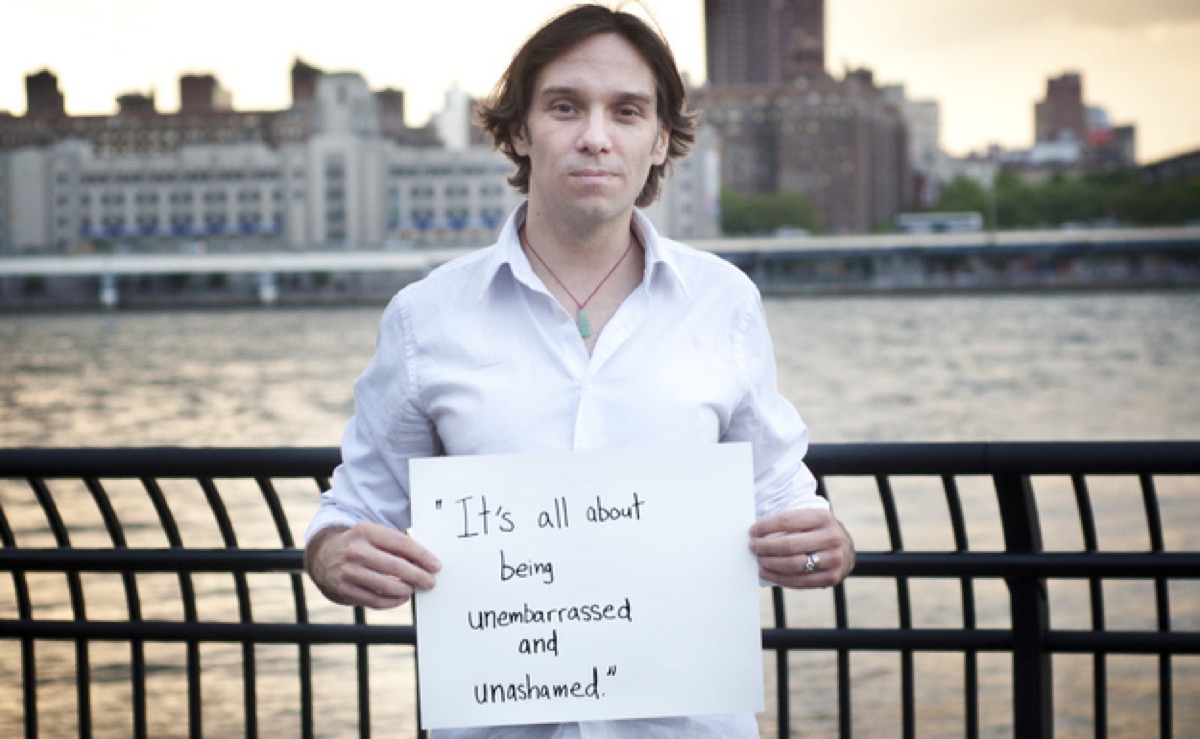
Making Connections
After experiencing a sexual assault, it may be more difficult for a woman or a man to start a new relationship or keep it long-lasting. He/she may constantly be breaking up awesome relationships when they start becoming very intimate, out of fear of experiencing pain. This self-sabotage may be reactive, ending up in regrets, feeling of loneliness and inadequacy.
In a relationship with a partner, a person may become either hypersensitive or numb and emotionally and/ or sexually unavailable (or both). The hardest part is that the traumatized person may become easily triggered by certain words or scenes: anything that may remind him/her of the trauma may evoke painful memories (flashbacks), followed by withdrawal or aggressive reaction, ending with bouts of low self-esteem and guilt.
It may be challenging for the partner also, as he/she may be afraid of hurting or being hurt in this relationship. He/she may try to cope and be compassionate but always needs to be hypervigilant not to say anything that may become a trigger or to deal with sexual dissatisfaction and lack of deep connection with the loved one. As one spouse described, it may feel as if “the abuser is constantly in the bedroom between my wife and I.” It is difficult to enjoy a relationship, even a loving one when one person suffers.
Impact on Social Life
Often people who experienced a sexual assault will keep others at an arms distance. They may be very friendly and outwardly looking social and bubbly, but they will not let others too close. This may create a “double life,” where externally one is happy and fine, and inside full of agony and hopelessness. Trying to keep the face while experiencing internal turmoil and being torn apart by psychic pain may take a lot of energy, which could be used for other things; it puts strain on a person physically and emotionally. As a result, a person may not be able to bring simple things to completion, look after oneself, family or a house. If you see someone unable to finish things, you know that he/she does not have energy and zest for life.
Impact on Physical Health

Gynecologic Health Research: found a strong link between chronic pelvic pain and CSA.
“Research conducted with gastroenterology clinic patients has found that 53% of patients with functional (non-organic) GI disorders have a history of Child Sexual Abuse (CSA) compared with 37% of those with organic disorders (Drossman, 1995), and patients with a history of CSA were 1.7 times more likely to suffer from IBS symptoms vs those without abuse history.”
Cardiopulmonary Research: have been shown higher incidences of chest pain, shortness of breath, irregular heartbeat and ischemic disease in people with CSA.
Women with CSN were more prone to experiencing pain disorders and being affected by obesity.
“Additionally, people with CSA have higher risks of substance use, smoking, risky sex behaviours, and lack of regular exercise. Psychopathology, such as depression or PTSD, is often reported by adult CSA victims and may impact physical health symptoms both directly and indirectly through health behaviours.”
Childhood abuse is associated with chronic pain syndrome, fibromyalgia and chronic fatigue syndrome.
Impact on Weight
In our society, there is a huge emphasis on beauty glorification and the connection between diet and weight. While healthy weight is essential for health, and food impacts it significantly, the connection between emotional state and physical health is less emphasized. However, scientists finally start discovering those links.
For example, weight gain in the belly area, called cortisol belly, is our body’s common response to continuous stress, where the body is frequently under the impact of fight and flight syndrome. As a result, the body produces a lot of cortisol and insulin. In the belly, there are lots of cortisol receptors, which is why fat builds up there. Belly fat contains elevated levels of cortisol and other hormones.
While we start understanding the body’s physiological reaction to stress, the energetic aspect of it is still often not taken into account. We do not understand the weight purpose of our body and what it does for us. Weight is a cushion that our body uses not just for physical hunger and danger but also when we feel emotionally insecure and unsafe. When we are in those two states, the body will be adding an additional protective layer called fat because the extra weight adds to our emotional resiliency and ability to handle the heavy load of life. In the absence of weight, or when a person is skinny, he/she is at higher risk of severe sickness in case of an emotional shock or physical illness due to lack of energetic and physical reserves required at the time of stress.
Whenever a person feels insecure due to sexual trauma, the body will store the trauma in tissues, particularly adipose or fat tissue. It is not just a figurative statement that ‘issues hide in tissues.’ For example, we saw more than once when women and men, who underwent physical abuse, experienced a major emotional reaction and release during a massage or a colon hydrotherapy session when the old memories and feelings associated with the past revoke. After the release happened, the person felt great relief and profound healing and stabilization.
When our tissues store pain, fear or anger, the body will build the protective wall to keep our fragile soul safer. And you may be in the gym 24/7 and still not be able to lose weight. Even though you may be hating your body, it loves you and aims to protect you from harm that could happen, should you not have additional body resources.
Impact on Self-Esteem
Sexual trauma is usually coupled with feelings of shame, guilt, incompetence, low self-worth and inadequacy. The body image is often distorted, especially if there is extra weight involved. You feel as if nothing more depends on you. Lack of self-confidence and self-respect may affect your career, how other people view you and relate to you (and mainly how you perceive they do). It may be expressed by a self-fulfilling prophecy:
I I am not what I think I am,
Nor am I what you think I am,
But rather I am what I think
you think I am.
And it is easy to believe that you are what you feel.
Trauma Loop
It may seem logically unexplainable, but more than once, trauma took you to unhappy places:
- Because you did not trust others, you avoided them, did not ask for help and isolated. As a result, you started feeling that people did not care and did not notice you.
- You felt triggered by someone’s words and reacted. After, you regretted your behaviour and the impact it did on another person. You felt guilty and started putting yourself down. You were biting your lips and suppressing your emotions. Until, eventually, they’ll boil again.
- You felt anxious when in public, which made you behave awkwardly. You panicked, you rushed, you dropped things and acted impulsively. As a result, you got into an embarrassing or bad situation, which “confirmed” your conviction that you are “embarrassing, unsocial & incompetent.”
- You were determined to improve your relationship, arranged a date with your spouse, read lots of books on improving sex life, organized a mini-holiday together, dressed sexy and were all excited to meet him/her. When the moment came, you started feeling all your inhibitions come up, anger choking you. Every single story of why “good girls” don’t behave that way came up. It all ended with you being cold and disgusted. You felt totally defeated and hopeless that it will ever get better, wondering whether you were even made for a relationship.
- You just ended an unhealthy relationship and soon found yourself in the one that was a dream come true, to realize that it was as bad as the one before. You always wondered why you always pick up “the bad guys” or the needy ones.
You know the feeling of doing the same thing over and over, blaming yourself for it and yet seeming not to see any breakthrough.
You are not Your Trauma
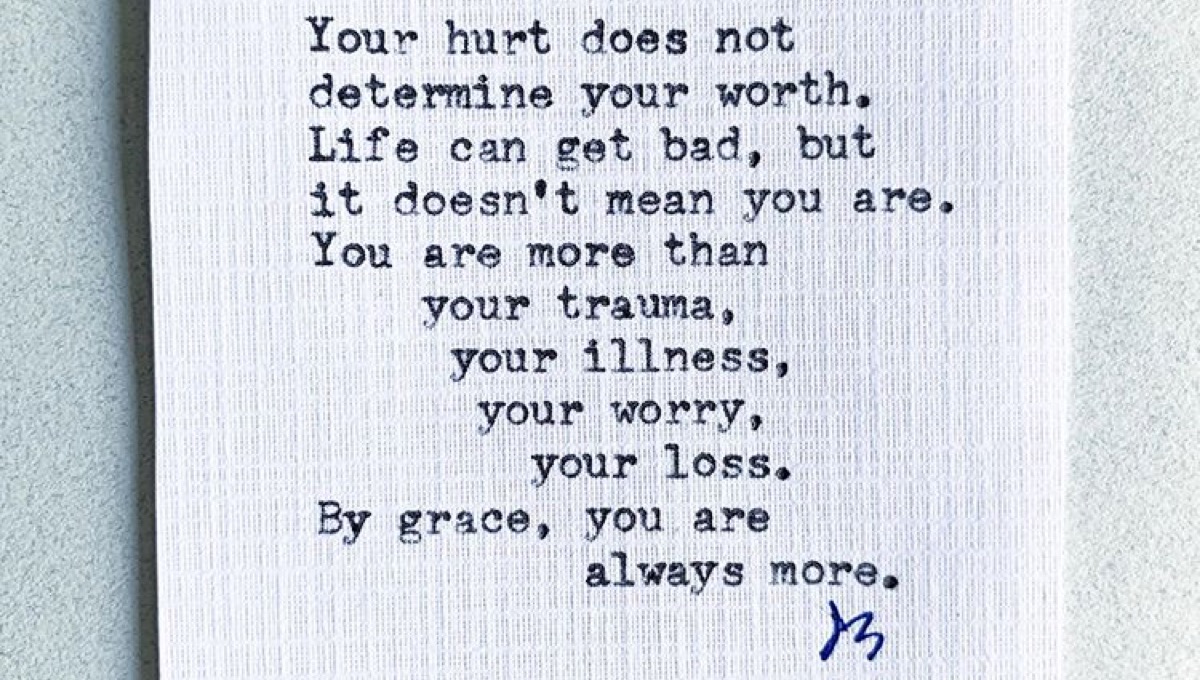
Trauma hurts and may feel so familiar that it may seem that there is no escape from it. However, you need to know that you are not your trauma, you are not what happened to you, and just because bad things are repeated time after time, you can regain your happiness, joy, and health. In fact, it is your birthright.
Trauma like a broken car

Trauma is like a broken car. You may try to drive a car when the heat pump is broken or when a wheel is punctured. But you know, if you do, you would be heading for an accident, or at least will get stuck on the road.
The sexual trauma at times may look as if you can put it away and move on with your life. But no matter how you try to mask or tell yourself that you love yourself and that you’ll work out those relationships, the truth is: until you heal deep inside and send the car for a repair, you will not experience a permanent improvement. It may be scary to think you need to recall and reopen the old wound, but you know that it may rot your relationship, inner peace, health, and your entire life if you do not do it.
Healing from sexual trauma means literally starting to recover more than one portion of your life. And unless you are ready to safely open up to a professional who has helped other people start untangling wounds of the past, it will be hard to help you because it is important to be able to receive help. As simple as it may sound, it was an extremely shameful experience, and subconsciously we are very much afraid that, God forbid, someone will ever find out. We’ve seen guests who’ve been leaders in the communities and where farther has assaulted daughter. Her nervous system has never been the same, her liver could not handle the emotions of rage, bitterness, and she ended up in the hospital with the shutdown bile duct for almost a month. You may feel a lot of shame in what happened, but that shame is not you and has nothing to do with who you are.
When you come to FS, it might take some time for you to start feeling safe, to open up, to gradually begin to heal your beautiful body that has subconsciously been shamed and disrespected for a prolonged time or to start taking down the protective walls. It will be your choice when and how to open and heal at your individual pace.
When the person who has gone through a traumatic experience decides not simply to move on but to heal the old wound and wisely create a post-trauma life, he/she starts building the bridge into the future he/ she desires. The future that is created by design, not by chance. If this is what you are looking for, we are here to help.
Fresh Start Guest Story:
Here is a story of Dee, who came with a deep trauma that impacted her self-esteem, feeling of self-worth and health:
Disclaimer:
Though we have professional staff with advanced health expertise and most of our guests receive deep health results, the Fresh Start cannot guarantee health recovery from any specific disease or symptom, as the healing process is individual, gradual and depends on many factors. Please be realistic in expectations as there is no such thing as quick fixes when it comes to healing.




